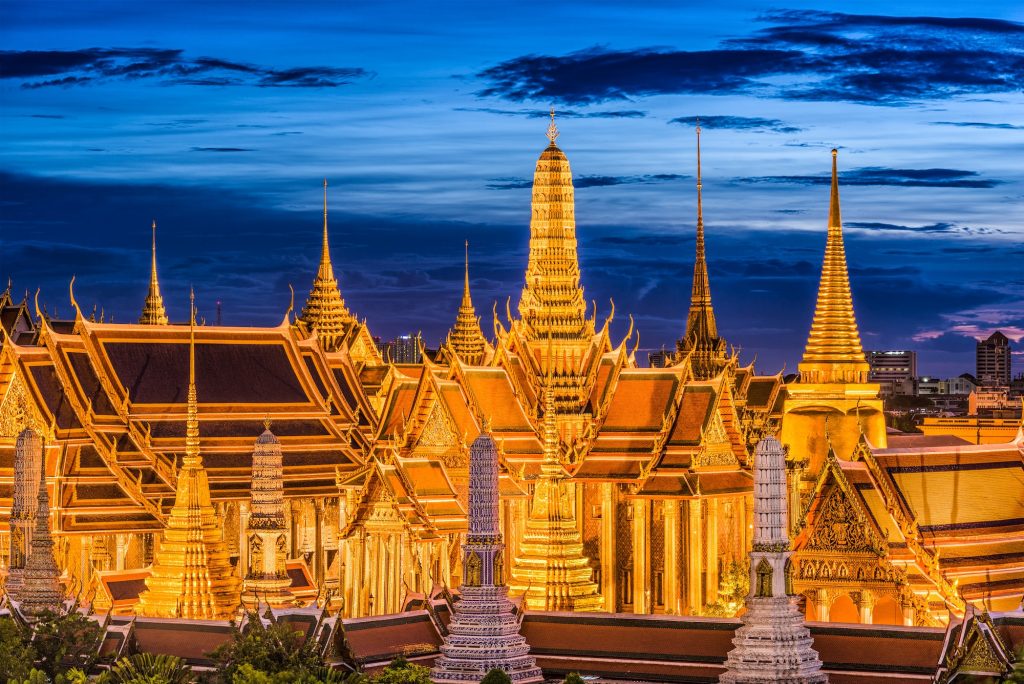The Thailand elections come after a long period of military rule that began in 2014, which included drafting a new constitution, censorship, and clampdowns on civil liberties
In a stunning election upset, Thailand voters have rejected en masse the ruling military establishment in favour of populist and progressive parties in elections that concluded Monday. With a record voter turnout of over 75%, these elections are already being seen as a watershed for democratic politics in the country.
Out of 500 seats in the country’s lower legislative house, the progressive Move Forward Party has surged forward to take 151, while the other main opposition party, the populist Pheu Thai, has snagged another 141. This means that the opposition now has a clear majority. However, the future of the country still remains uncertain over questions over the military’s response and whether the two opposition parties will be able to set aside their differences and work together.
The Thailand elections come after a long period of military rule that began in 2014, which included drafting a new constitution, censorship, and clampdowns on civil liberties. Incumbent PM Prayut Chan-o-cha, who began his career in the army, had also faced criticism for his handling of the economy, election interference, and severe crackdowns on protests. However, in a statement made Monday, he said he would “respect democracy and elections” after his coalition won just 15% of the votes.
Implications for Reform
These results indicate increasing political awareness and activism among Thai youth, who formed the major support base for the centre-leftist Move Forward Party. The party’s progressive agenda includes support for same-sex marriage, ending military conscription, economic redistribution policies, constitutional reform, and reduction of military influence in Thailand’s politics.
They also support controversial reforms to the monarchy, including the suspension of the country’s lese-majeste laws, which prohibit any criticism of the monarchy and royal family under pain of imprisonment. While people under 26 make up just 14% of Thailand’s electorate, they were the dominant cultural force in this election. Party leader Pita Limjaroenrat has now overtaken Pheu Thai’s leader Paetongtarn Shinawatra to become the face of opposition to the military in the country.
“The majority of votes reflect the need to escape from the ‘Prayuth regime’ and the yearning for change,” says Prajak Kongkirati, a political scientist from Thammasat University. “It shows that people believe in the Move Forward demand for change – many more people than predicted.”
Clouds of Uncertainty Ahead
Despite the strong message from the voters, there is still a lot of uncertainty within Thailand over who will become the country’s next Prime Minister. The Prime Minister is appointed by a joint vote from both Houses and while the opposition now firmly controls the lower house, all 250 members of the Upper House are stalwarts of the ruling party, directly appointed by the military. It remains to be seen how much of their agenda the Move Forward and Pheu Thai Parties will be able to accomplish in the face of their almost certain obstructionism.
Furthermore, it remains to be seen how well the two opposition parties can get along, as the Pheu Thai was seen until recently as the dominant party and has no experience of playing the junior partner. Similarly, while Move Forward Leader Pita Limjaroenrat is an established parliamentarian, it is unclear whether he has the political savvy to stitch together a coalition and fulfil his campaign promises.
However, there is no doubt that this election heralds the winds of change in Thailand. Whichever path the country takes, it is sure to have reverberations throughout the entire Southeast Asia region.
